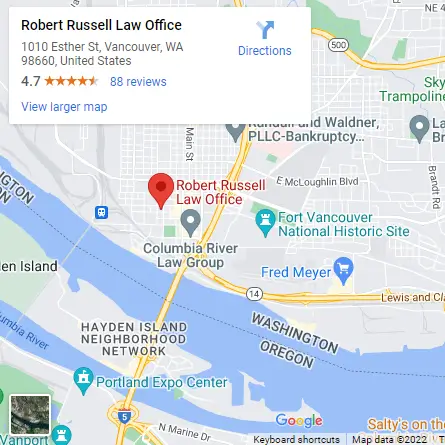How Can We Help?
When Are Debts Discharged?
The basic rule is that all debts are discharged unless they fall into one of the several exceptions found in 11 USC § 523, including, but not limited to:
- Fraud/theft: Debts resulting from a successful effort to obtain money, property, services, or credit by means of false pretenses, fraud, or a false financial statement (NOTE: Fraud is presumed to exist if you put more than $1,150 on one single card in the 60 days before you file).
- Child support/alimony: Debts for alimony, maintenance, or child support.
- Intentional injury: Debts for intentional or malicious injury to the person or property of another.
- Taxes: Debts for certain taxes such as income and property taxes.
- Fines and penalties: Debts for certain fines or penalties, including traffic tickets, payable to and for the benefit of a governmental unit.
- Student loans: Debts for student loans (unless not discharging the debt would impose an undue hardship on the debtor and the debtor’s dependents).
- Intoxication: Debts arising from a judgment or court decree entered against the debtor for damages resulting from the operation of a motor vehicle while legally intoxicated.
- Credit card/taxes: Credit card balances to the extent that the balance on the card is the result of paying otherwise nondischargeable taxes.
- Certain spousal debts: Debts owed by a debtor to a former spouse that qualify as a “domestic support obligation.” This includes child support, alimony and property settlements, including a debtor’s obligation to pay certain debts for the ex-spouse.
- AFDC: Debts owed to a governmental entity to reimburse AFDC payments made to a dependent.


